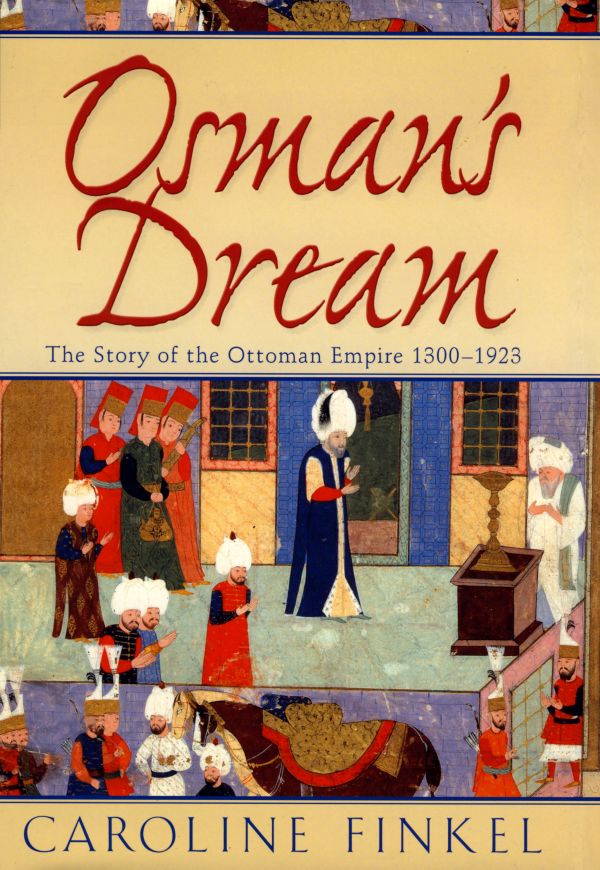Buy or gift a stand-alone digital subscription and get unlimited access to dozens of back issues for just £18.99 / $18.99 a year.
Please register at www.exacteditions.com/digital/cornucopia with your subscriber account number or contact subscriptions@cornucopia.net
Buy a digital subscription Go to the Digital Edition
The Story of the Ottoman Empire 1600–1923
Osman’s Dream is at heart a romantic book in the grand old tradition of historical narrative. It traces the story of the Ottoman dynasty from its small-scale start in northwestern Anatolia in the fourteenth century straight through the great period until 1700, then on, through the era of decline, ending with the First World War and the end of the dynasty. The approach is firmly and unrepentantly narrative, taking in battles, court conspiracies and international treaties as a matter of course. This is a tradition that many of Caroline Finkel’s contemporaries dismiss almost automatically as hopelessly obsolete. But if accepted in its own terms, it can result, as here, in books that are beautifully executed and extremely useful.
The great European historians Hammer von Purgstall and JW Zinkeisen, and our own equivalents, IH Uzunçarsılı, Ahmet Rasim or Server Iskit, set the pattern, but modern Turkish historians have mainly abandoned an interest in political or military chronicle, finding such tales dull and meaningless. What they really mean is that such chronicles are exceedingly difficult to bring off: how do you combine description and analysis? The fashion has been, latterly, for fuzzily conceived “social histories” drawing upon a great multitude of sources that nevertheless have yet to be given proper evaluation.
Caroline Finkel knows, of course, about depth, about cultures, about difficult sources (not only can she read the Ottoman ones, she can even make a stab at Hungarian), but concern for the profundities does not prevent her from moving her craft rapidly and skilfully across the surface. So, from obscure beginnings on the frontiers of the Byzantine empire, the Ottomans became the successors of Rome (and Istanbul was called by them “Konstantiniye” to the end).
When we speak of a society’s history we are speaking of its fate, and people who were alive at any historical time were well and truly aware that dramas were under way that would affect them directly - forget the longue durée allegedly making this or that outcome inevitable. Battles and treaties mattered: they could have an impact on the lives of hundreds of thousands of people.
Prof Dr İlber Ortaylı is director of the Topkapı Palace Museum
1. STANDARD
Standard, untracked shipping is available worldwide. However, for high-value or heavy shipments outside the UK and Turkey, we strongly recommend option 2 or 3.
2. TRACKED SHIPPING
You can choose this option when ordering online.
3. EXPRESS SHIPPING
Contact subscriptions@cornucopia.net for a quote.
You can also order directly through subscriptions@cornucopia.net if you are worried about shipping times. We can issue a secure online invoice payable by debit or credit card for your order.

Cornucopia works in partnership with the digital publishing platform Exact Editions to offer individual and institutional subscribers unlimited access to a searchable archive of fascinating back issues and every newly published issue. The digital edition of Cornucopia is available cross-platform on web, iOS and Android and offers a comprehensive search function, allowing the title’s cultural content to be delved into at the touch of a button.
Digital Subscription: £18.99 / $18.99 (1 year)
Subscribe now